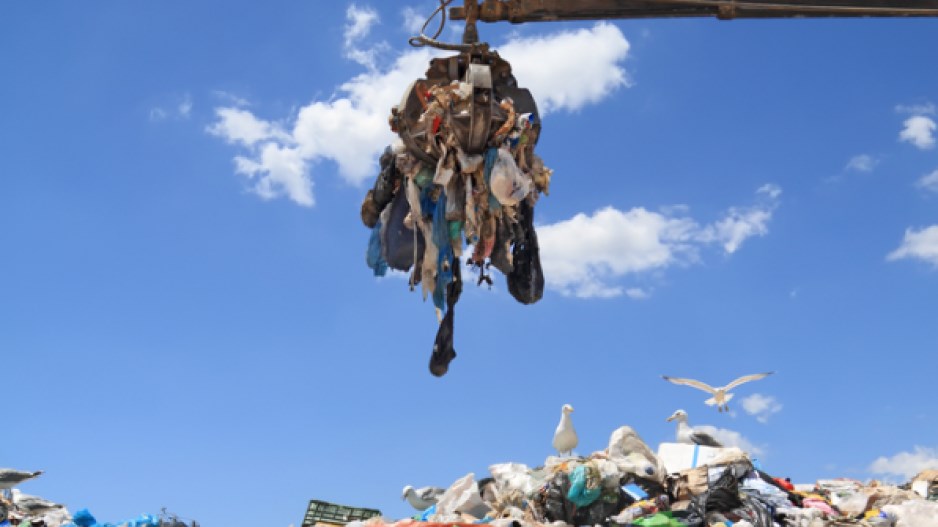Metro Vancouver's garbage and recycling committee narrowly defeated a proposal September 5 that the B.C. Chamber of Commerce feared would lead to a monopoly and hence higher prices for garbage disposal.
The proposed bylaw (known as Bylaw 280) sought to require garbage haulers to use the regional district's nine mixed-waste facilities, instead of private operators. The proposal was favoured by the committee's chair, Richmond Mayor Malcolm Brodie, and vice-chair, Burnaby Mayor Derek Corrigan. A 6-5 majority led by Vancouver Coun. Andrea Reimer defeated the plan.
But the measure may not be dead. The committee also voted 6-5 to ask the Metro Vancouver board to strike a task force to revise the bylaw.
"We're still in a bit of limbo and limbo is better than the alternative that was on the table today," Ralph McRae, CEO of NorthWest Waste Solutions, told Business in Vancouver.
"Whoever leads this task force has to come at it with an open mind," McRae added. "If it's the same-old, same-old situation with Metro trying to drive their agenda, this will fail as miserably as Bylaw 280 did."
McRae said Metro Vancouver ultimately wants a new system of regional waste flow management, also known as flow control, to dovetail with its plan to build a $500 million waste-to-energy garbage incinerator by 2018.
In July 2011, the province gave approval in principle for the new incinerator, but mandated 70% waste diversion to recycling and composting by 2015 and 80% by 2020. Seven companies were shortlisted for the project, which is opposed by Fraser Valley municipalities because of the prospect of increased air pollution. Last December, Metro Vancouver estimated the cost to regional district coffers of haulers bypassing the regional disposal system was $5 million a year.
"What flow control involves is keeping up the environmental standards so the product isn't taken out of the region and shoved somewhere," Brodie said during the meeting.
The region's disposal or tipping fees have risen 60 per cent since 2006. Metro Vancouver solid waste general manager Paul Henderson said the current $107 per metric tonne fee is forecast to rise to $157 per tonne by 2018, the year the region hopes the incinerator will be operating.
B.C. Chamber of Commerce president John Winter told the committee "at this time we don't see either a benefit to business or a beneficial outcome that is commensurate with the cost businesses will be asked to bear."
"We cannot endorse Metro Vancouver's proposed financial strain on small businesses," Winter said.




